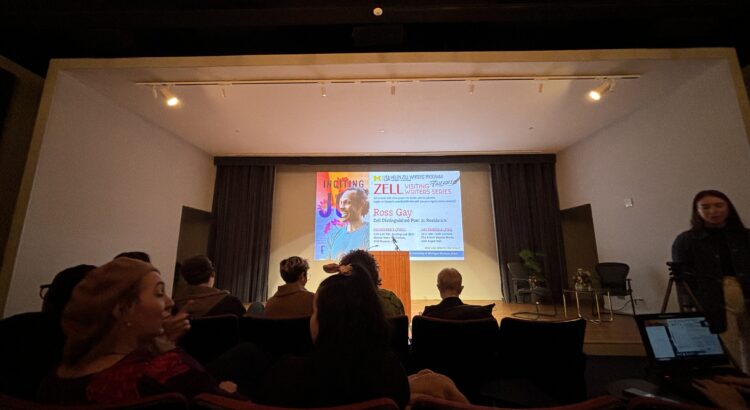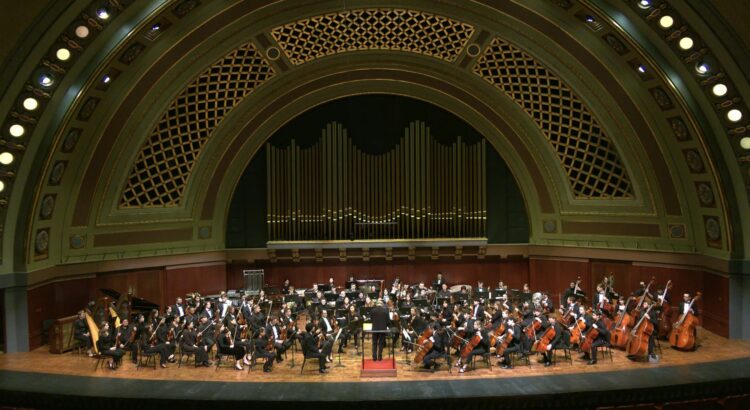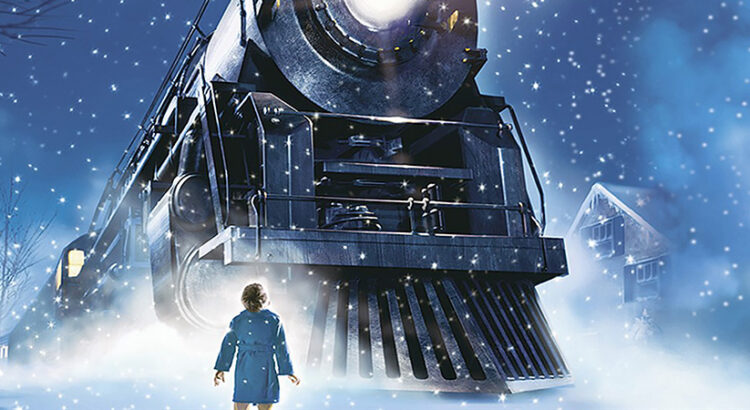On Thursday, December 9th, the poet Ross Gay gave a reading and held a Q&A session at the UMMA Stern Auditorium. I haven’t been to any poem readings before so I was surprised to find that the venue was so packed there weren’t enough seats. I’m a visual learner, so I often find myself zoning out when I’m required to listen for long periods. However, my professor told me that she fell in love with Ross Gay’s writing after she went to his reading, whereas when she read his poems they didn’t have as much of an impact. I quickly found out what she meant. When Ross Gay was reading his poems, it felt like he was giving a speech or acting out lines of a play. In other words, it felt like he was reading prose rather than poetry.
Since it’s impossible to speak line breaks, I was trying to notice how he may emphasize certain phrases more than others. I’m not sure if I’m looking too hard into things, but I did notice that at some times he’d pause a bit longer or change the inflection and volume of his voice. However, everything flowed so smoothly and sounded so natural it’s hard to point out specific spots to closely analyze unlike when reading poetry. The performative aspect was what drew my attention because he wasn’t simply reading words. He interacted a lot with the crowd through eye contact and hand gestures. It was interesting to see how his passion transfers off of the page and how he expresses himself, and it was an experience that made me realize how off I may be when interpreting an author’s work.
There were a few moments where the audience laughed which surprised me, but that could’ve been because the poem he read was about basketball, which I know nothing about. I think overall I’m always picking apart texts to find a ‘deeper’ message when it could just be something unknowingly lighthearted until read aloud. It made me realize that as a reader I often project my own emotions and experiences when interpreting other people’s work, perhaps blinding myself to the obvious. I only wish I had his poems written down in front of me to look at while I listened to further explore that concept.








